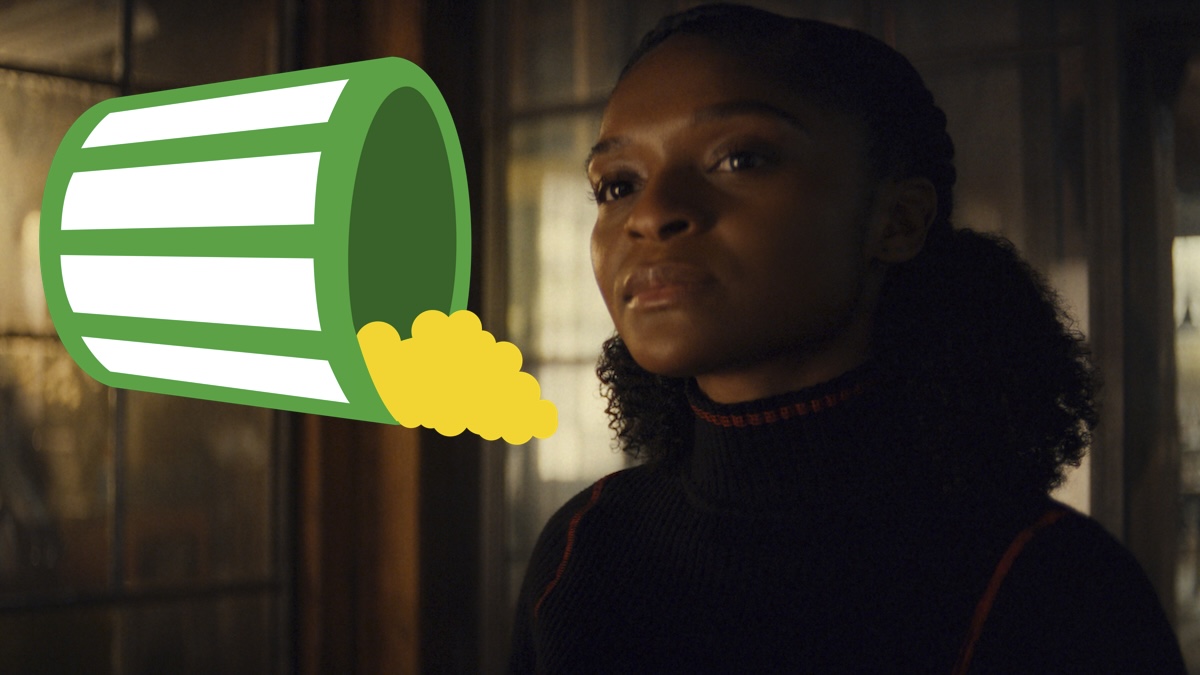Judge Upholds Fair Use in Meta AI Copyright Case

SAN FRANCISCO – In a pivotal decision, a federal judge has ruled that Meta’s use of copyrighted books to train its AI model constitutes fair use, dismissing claims from 13 authors alleging copyright infringement.
Immediate Impact
Judge Vincent Chhabria’s ruling on Wednesday dismissed the lawsuit filed by prominent authors including Sarah Silverman and Junot Díaz, who argued that Meta’s AI model, Llama, violated their copyrights. The decision supports Meta’s stance that the use of copyrighted material in AI training is transformative and falls under fair use.
Key Details Emerge
The case centered around Meta’s use of a dataset comprising nearly 200,000 books, including works by the plaintiffs, to develop its language model. Judge Chhabria noted that Llama’s inability to replicate more than 50 words from any book demonstrated its transformative nature, rather than constituting “unmitigated piracy” as claimed by the plaintiffs.
“What copyright law cares about, above all else, is preserving the incentive for human beings to create artistic and scientific works,” Judge Chhabria stated. “Fair use typically doesn’t apply to copying that will significantly diminish the ability of copyright holders to make money from their works.”
Industry Response
A spokesperson for Meta expressed satisfaction with the ruling, emphasizing the importance of fair use in fostering innovation. “Open-source AI models are powering transformative innovations, productivity, and creativity for individuals and companies,” the spokesperson said.
However, Boies Schiller Flexner LLP, representing the plaintiffs, voiced disagreement. “The court ruled that AI companies that ‘feed copyright-protected works into their models without getting permission from the copyright holders or paying for them’ are generally violating the law,” a firm spokesperson noted. “Yet, despite the undisputed record of Meta’s historically unprecedented pirating of copyrighted works, the court ruled in Meta’s favor. We respectfully disagree with that conclusion.”
By the Numbers
- Nearly 200,000 books used in the dataset
- 13 authors involved in the lawsuit
- AI model restricted to replicating 50 words or less
What Comes Next
The ruling leaves open the possibility for further legal challenges, particularly regarding the potential market impact of AI-generated content. Judge Chhabria acknowledged the argument that AI could undermine the market for original works, but found no evidence of market harm in this case.
The lawsuit also alleged that Meta used “shadow libraries” and torrenting to obtain pirated books, a claim not addressed in this ruling. The firm representing the authors has not yet decided whether to appeal the decision.
Background Context
This decision follows a similar ruling earlier this week in a case against Anthropic, another AI company. The legal landscape surrounding AI and copyright remains complex, with numerous lawsuits pending against AI firms accused of using copyrighted material without permission.
Expert Analysis
Legal experts suggest that while this ruling is significant, its impact may be limited to the specific facts of the case. “In the grand scheme of things, the consequences of this ruling are limited,” Judge Chhabria wrote, indicating that outcomes could vary in different contexts.
As AI technology continues to evolve, the balance between innovation and copyright protection will likely remain a contentious issue, prompting ongoing legal scrutiny and debate.





